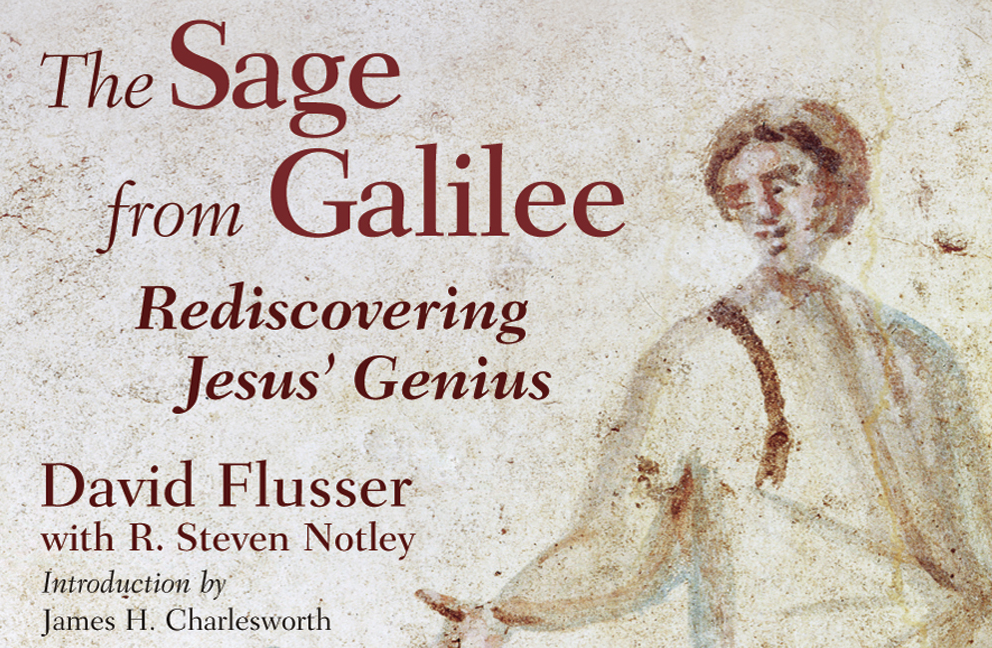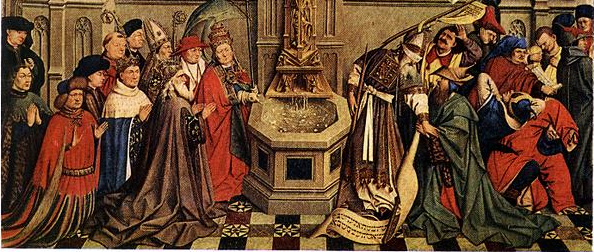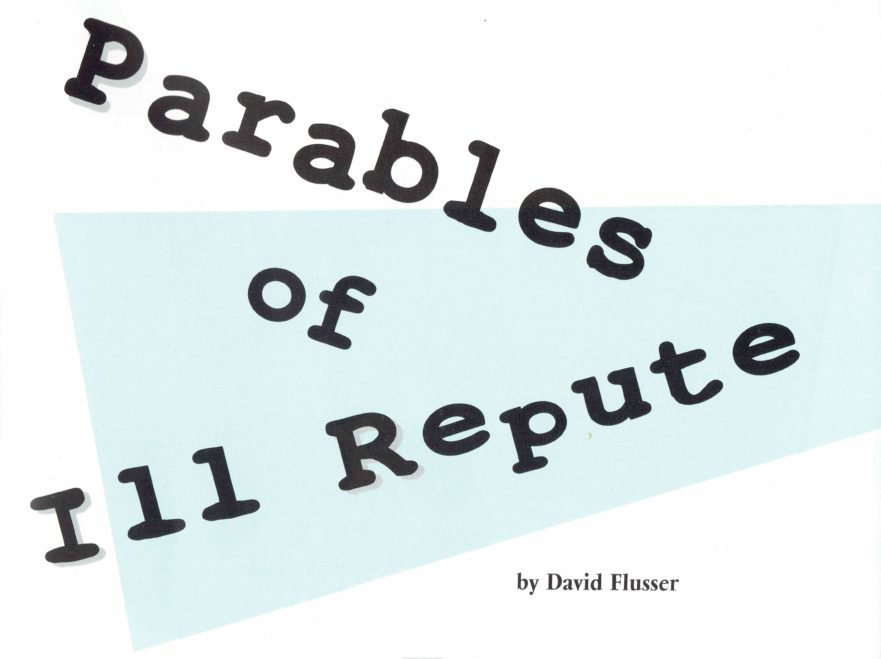It has been noted that in instances where Mark’s editorial hand restructured his story, Luke has preserved a more primitive form of the account, a form that is independent of Mark’s influence. Gospel scholars need to properly evaluate Mark’s editorial style and acknowledge that frequently a theological agenda influenced his rewriting.
Excerpts from David Flusser’s The Sage from Galilee

The Sage from Galilee is Flusser’s biography of Jesus (written in collaboration with Flusser’s student, R. Steven Notley).
A Theology of Jewish-Christian Relations

Still today a famous German New Testament professor can say (as he did) to his students: “If you want to be a good Christian, you must kill the Jew in your heart.” I quote this professor’s words not because I am a Jew, but because he used the word “kill” as if it were a Christian virtue. Furthermore, the opinion that “you have to kill the Jew in your heart” is not unconnected with an important trend that existed in Christianity from its beginnings.
Reflecting on David Flusser’s Vision

The term “genius” readily appears on the lips of scholars at the Hebrew University in Jerusalem when they refer to their former colleague, David Flusser (1917-2000). This word, which was understandably mixed with more critical words, was shared with me repeatedly the years I was Lady Davis Professor in the Hebrew University.
“Give unto Caesar”: Jesus, the Zealots and the Imago Dei

The retorts of Hillel and Jesus exemplify innovative developments in Jewish thought during the Second Temple period, developments that were established on the biblical notion that man was created in the image of God—Imago Dei (Gen. 1:27).
Parables of Ill Repute

In rabbinic parables God could be portrayed as behaving in a morally ambiguous manner: he might be a cruel slave owner or a heartless judge. In a few Lukan parables, Jesus also portrayed God as behaving scandalously. Often unsettling for modern readers, such portrayals added humorous elements to the plot and heightened the dramatic effect.
Us and Them: Loving Both

In ancient Roman society, the taking of revenge on an enemy was considered a commendable deed, but Jesus encouraged his followers to “Love your enemies.”
Character Profile: A New Portrait of Salome

Salome’s image has been obscured and marred due to the personas created for her by writers of the past 150 years. Salome is famous for the part she played in the execution of John the Baptist. Since 1863, she has been depicted in books and films as morally depraved. Diligent research reveals, however, that the real Salome is much different than popular portrayals.
Ostracon from Qumran Throws Light on First Church

An inscribed potsherd discovered at Qumran provides an amazing parallel to a practice of Jesus’ first community of followers. According to the Book of Acts, members of that community sold their possessions and distributed the proceeds according to individual need.

